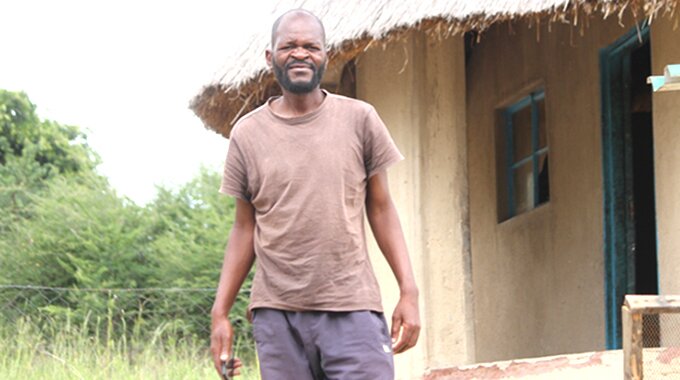Takawira Dapi, Herald Correspondent
DESPITE its rural location, Chemhanza High School in Hwedza District of Mashonaland East, continues to defy the odds by remaining among the top mission schools in Zimbabwe.
Last year, water, electricity and food shortages forced many schools to close early, but the mission school soldiered on until the last day of the third term.
The school’s principal, Reverend Noel Nhariswa, attributed the school’s success story to visionary leadership which takes challenges as motivators for success.
“We take pride as being one of the few schools across the country that remained open until the last day of the term,” he said. “Although the heatwave had a toll on our operations, we soldiered on. Health inspectors visited the mission and were satisfied with our state of affairs. We invested in four boreholes which ensured constant clean water supplies to the whole mission.
Advertisement

Part of the Chemhanza school garden that supplies fresh vegetables to the dining hall, thereby helping keep boarding fees low
“There is also a heavy-duty diesel pump which helps to pump this water into our reservoirs. Even when there are electricity blackouts, water is always readily available day or night.
“We plan our operations well in advance and we invest wisely whatever money we collect from learners as fees and levies. Parents are assured of value for their money and our constituency, the learners, are always comfortable,” said Rev Nhariswa.
Sustaining a boarding school is not a walk in the park for most administrators but the Chemhanza authorities are not afraid to take the bull by its horns.
“We have a professionally managed dairy project with 70 head of cattle. The cows provide us with more than 70 litres of milk per day which we use for the children’s breakfast. This has seen us saving a fortune because if we were to buy milk every day, parents would feel the pinch as the burden of the extra costs would be passed on to them through school fees top-ups.
“We have also a beef cattle project where we get our meat. Our thriving poultry project also comes in handy to supplement the learners’ food. They enjoy their chicken meal three times a week on Wednesdays, Fridays and Sundays. The learners just love their chicken and we always make sure that we are not found wanting in servinf them their favourite dish. On average, 60 birds are slaughtered a day to feed the learners.
“The chicken project also produces eggs that go into the baking of the sumptuous and ever popular Chemhanza buns. The buns are the pride of our school,” said Rev Nhariswa.
The concept of agriculture with production also applies to the school as they are also into horticulture which allows them to grow their own tomatoes, onions and other vegetables.
“We have two workers employed to man our evergreen garden which provides vegetables for our dining hall. We believe in utilising the readily available resources and in our garden, we use cattle and chicken manure. This gives the vegetables not only their natural taste but is very good for the learners’ health, too.
Advertisement
“We are putting the final touches to our piggery project and this will also help our learners to have the practical feel of agriculture as they will have almost everything at their disposal,” he said.
On sport achievements, Rev Nhariswa said: “Chemhanza Mission is a bastion of talent identification and development.
We have produced some of the soccer stars doing wonders in the Castle Lager Premier Soccer League.
“We have a viable junior policy and are open to partner with clubs who are interested in using us as their academy. Our coaches know their stuff very well and are popular with the learners. They are good at talent identification and nurturing.”
The school focuses on both academic disciplines and sports to give learners various career options.
“Despite a myriad of challenges affecting all schools, our pass rate is among the best in Zimbabwe. In the 2018 November examinations, we had a 91 percent pass rate at O-Level and 98,6 at A-Level.
“We are in a rural set-up where some of our learners are from the surrounding communities but our 2019 Grade Seven pass rate was at 85,6 percent. We thank God that we are improving in our pass rates from primary school up to A-Level every year.
“However, we are not taking comfort in these achievemnts as it is our aim to hit the 100 percent mark,” said Rev Nhariswa.
– HERALD








